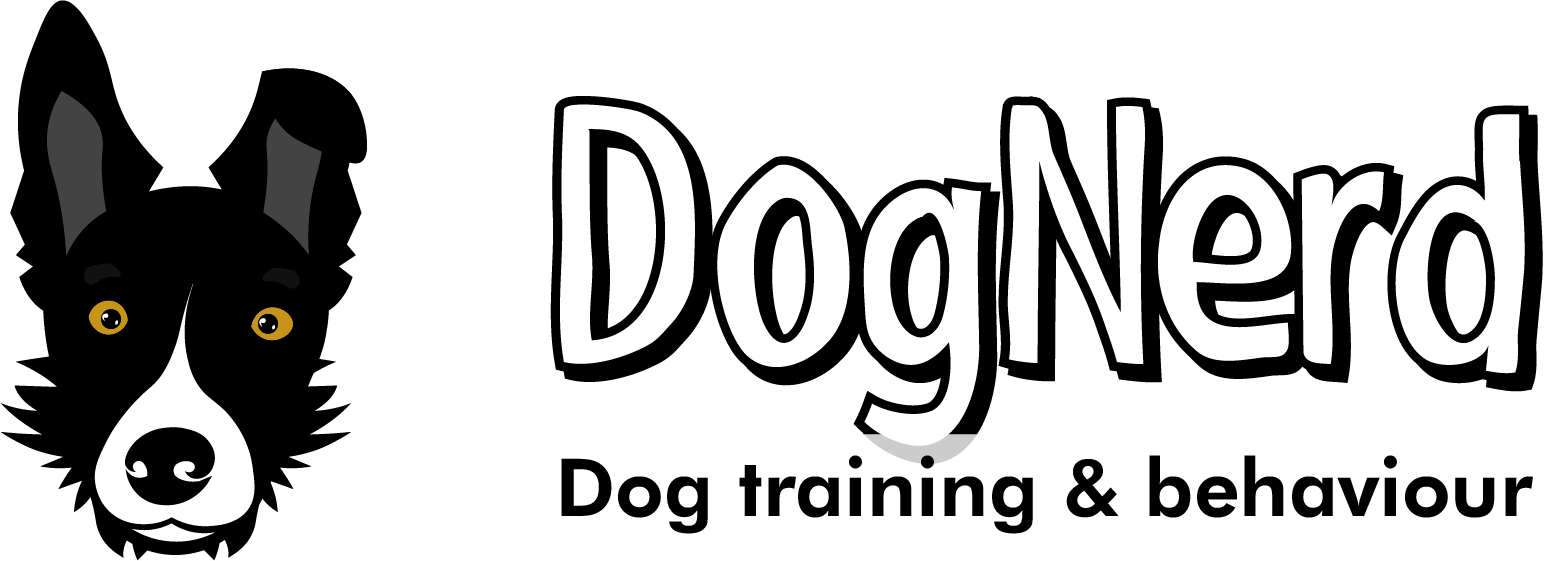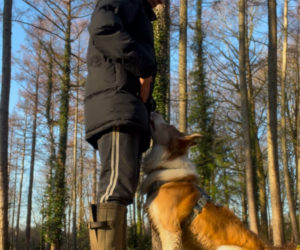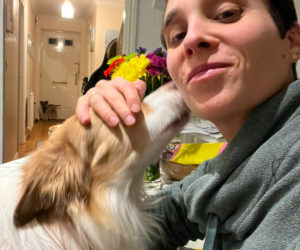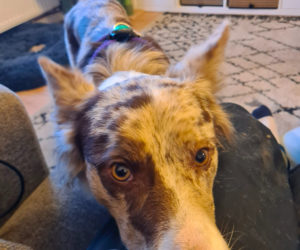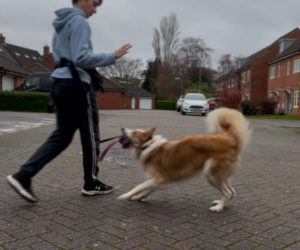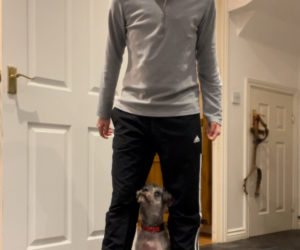All about puppy socialisation!
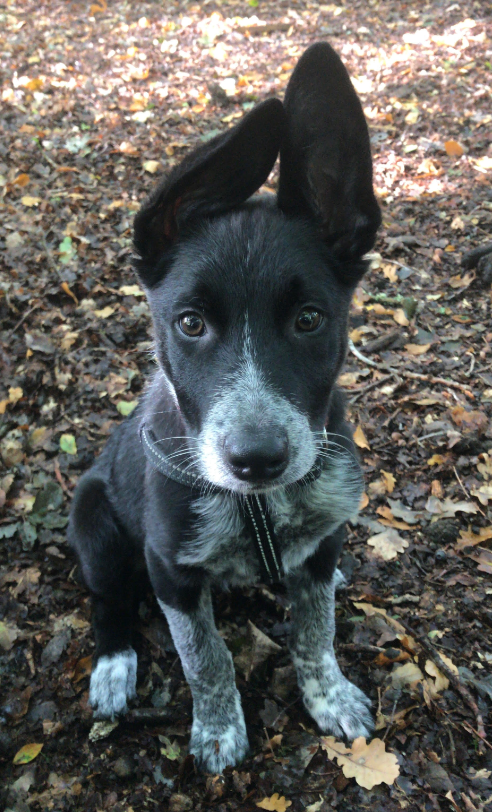
The 8–12-week stage is critical for a puppy’s social development, and not only will proper socialisation give your dog the best chances of growing up into a behaviourally sound adult, but it will also help prevent potential problems from developing later down the line. However, in order to truly reap the benefits of a socialisation programme, we must be smart about how we do things. So, here are some of my thoughts around puppy socialisation.
DO take it slowly
When it comes to puppy socialisation, always remember the phrase “quality over quantity”. We want our puppies to build positive associations with the world around them, and this should be done at the pace of each individual. If your puppy is a bit shy and needs to observe from a distance, that’s fine! One good socialisation experience, where the puppy truly feels safe and comfortable, is better than any number of negative experiences.
DO give your puppy a variety of experiences
We do want our puppies to experience a variety of things during this time, especially stimuli that he is likely to experience in daily life as an adult. People, other animals, vehicles, different surfaces… in fact, most things that seem normal to us are likely to be new to a puppy! Remember, if needs to watch and learn from a distance, that’s ok – pay attention to his body language to gauge how he is feeling in any given situation.
DO give your puppy the chance to interact safely with people and other dogs
Dogs learn important skills from each other, so allowing your puppy to interact with socially appropriate adult dogs is really valuable. Playtime with puppies their own age can be good, too, as long as both puppies are willing participants of the game! My preference is to allow puppies to co-exist with other dogs in an enriching area, where the environment is more interesting than the other dogs.
DON’T force (or allow) your puppy to say hi to everyone they come across
Socialisation is not about saying hi to every dog or person the puppy comes across. If the puppy is shy, this might overwhelm him. If he is super sociable, this might lead to frustration later in life when he can’t say hi to everyone he passes. It is a good idea for the puppy to learn that he does not have to interact with everyone; other people and dogs are part of the backdrop, and he can calmly coexist or walk by.
DON’T keep your puppy in situations in which they are uncomfortable
If your puppy is uncomfortable in a situation, take him out of it. Don’t let him ‘get used to it’, and don’t try to change his mind with food. Give him some distance from what is worrying him. Remember, the emphasis is on building positive associations, and this won’t happen if the puppy is overwhelmed or worried.
DON’T stop after 12 weeks!
The 8–12-week stage may be the ‘critical window’ for socialisation, but socialisation certainly shouldn’t stop at 12 weeks! Make sure you continue systematically exposing your puppy to new things as he grows into an adolescent and an adult, to keep his confidence and optimism about the world high.
See how we can help
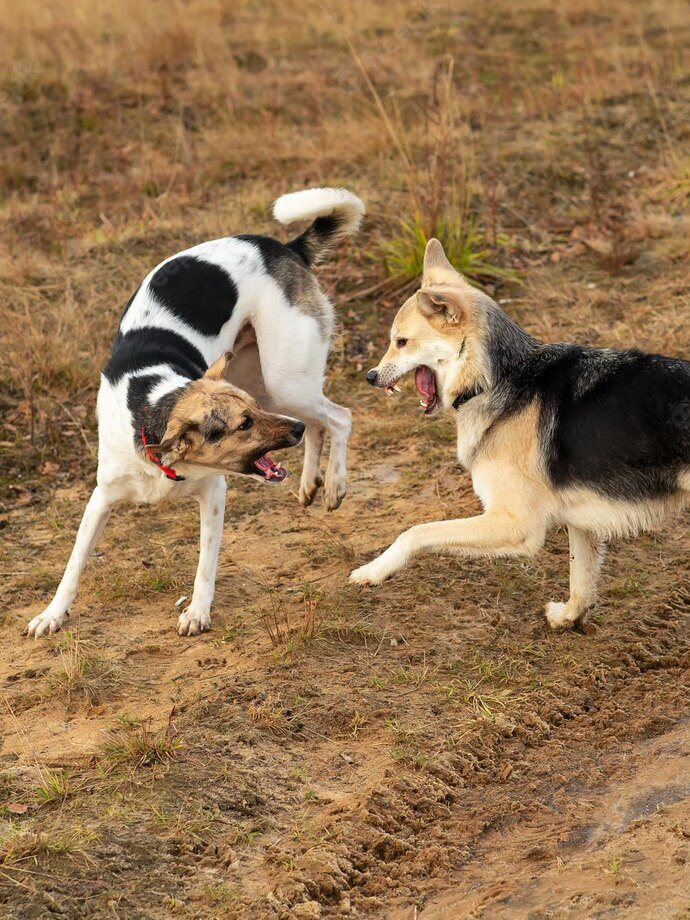
Behaviour rehabilitation
Many behaviour problems are linked to how your dog is feeling. Fear, anxiety and pain all influence how well your dog is able to cope with his environment and routines.
Dog training
Dog training is offered for all dogs: puppies, adolescents, seniors and newly adopted rescue dogs.

Book A Free Consultation Call
Unsure on where to start? I don't blame you, finding the right dog trainer can be a challenge in itself. Book a FREE 30 minute consultation call to find out more about how I work and how I can help you with your dog!
Given the dedication required to provide each dog and their owner with the personalised attention and training they need, I am only able to work with a limited number of clients at any given time. I sincerely believe in offering my services only when I am confident in my ability to deliver the outcomes you're seeking for your dog.
Related posts
Tips & Tricks is dedicated to providing every mama and papa with exclusive advice and information on how to take care and deal with their furry friends.
